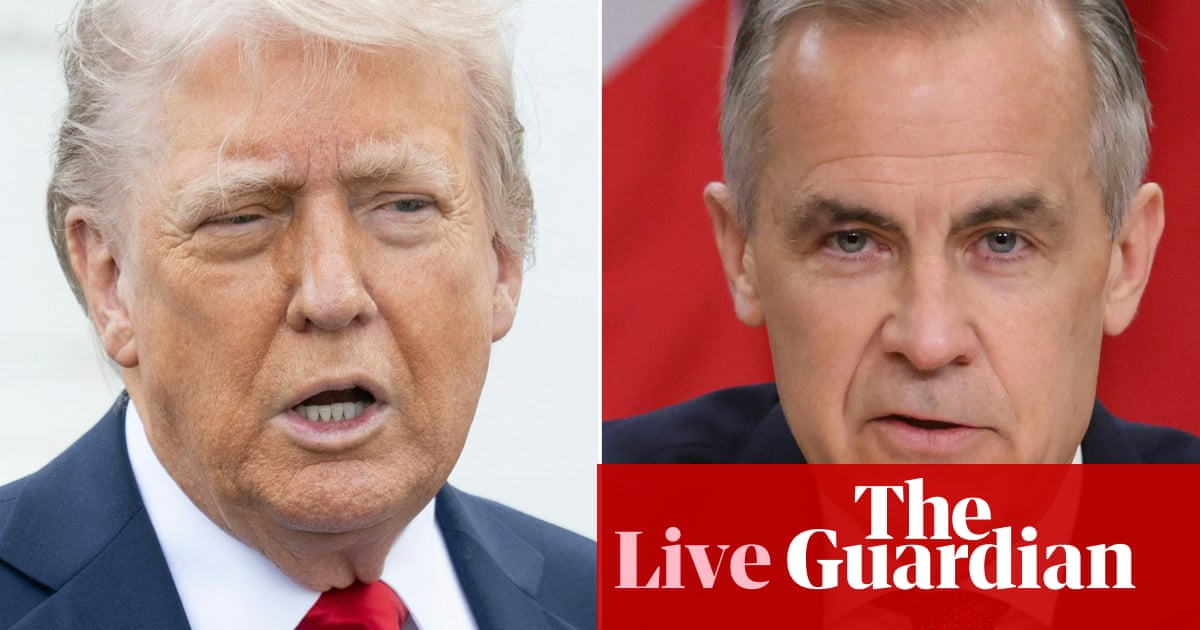The US Department of Education informed Harvard University on Monday that it was ending billions of dollars in research grants and other aid unless the school accedes to a list of demands from theTrump administrationthat would effectively cede control of the nation’s oldest and wealthiest university to the government.
The news was delivered to Dr Alan Garber, Harvard’s president, in a deeply partisanletterfrom Linda McMahon, the education secretary, which she also posted on social media.
“This letter is to inform you that Harvard should no longer seek grants from the federal government, since none will be provided,” McMahon wrote.
The main reason for the crackdown on Harvard is the school’s rejection ofa long list of demandsfrom the Trump administration’s antisemitism taskforce, prompted by campus protests against Israel’s brutal military campaign in Gaza following the Hamas-led attacks of 7 October 2023. McMahon also accuses the university of “a systematic pattern of violating federal law”.
As Garberexplainedin a message to the Harvard community last month, the university decided to sue the federal government only after the Trump administration froze $2.2bn in funding, threatened to freeze an additional $1bn in grants, “initiated numerous investigations of Harvard’s operations, threatened the education of international students, and announced that it is considering a revocation of Harvard’s 501(c)(3) tax-exempt status”.
The government’s “sweeping and intrusive demands would impose unprecedented and improper control over the university”, Garber wrote.
Good morning and welcome to our US politics blog asDonald Trump prepares to welcome his newly elected northern counterpart, Canada’s Mark Carney, to the White House.
At 11.30am ET the president is due to welcome Carney and the event will also include talks and a lunch. This is unlikely to be a straightforward meeting, Trump’s tariffs on Canada and even suggestions that it could become the “51st state” created anger over the border thathelped propel Carney to power.
In his victory speech just a week ago,Carney claimed that Trump wanted to “break us,so that America can own us”, adding: “That will never, ever happen.”
The following day they did have what Trump described as an “extremely productive” call and later he said wanted a “very good relationship” with Canada. Of course, with Trump, things are never predictable, so let’s see how today plays out.
Amid the talks, likely to centre on the tariff issue, the pair seem unlikely to discuss another major subject we’ll be covering today –Trump’s move to block grant funding for Harvard until it meets his demands.
The Canadian economist and central banker is a Harvard graduate and served on the Board of Overseers, Harvard’s second-highest governing body, before resigning earlier this year to take up his role leading the Liberal party.
In other news:
Donald Trumphas said he is directing the administration to reopen and expand Alcatraz, the notorious former prison on an island offSan Franciscothat has been closed for more than 60 years.California Democrats called the idea “absurd on its face” and part of the US president’s strategy of political distraction. Other officials pointed to the closure of the prison complex in 1963, known for its brutal conditions, due to operational expense and the high number of (unsuccessful) escape attempts.
Trump announced his 100% tariff on films“coming into our country produced in foreign lands”one day after meeting with actor Jon Voight to discuss his proposals to bring film production back to the US– which only suggested that tariffs could be used “in certain limited circumstances”.
Donald Trump’stariffs policywill trigger a “price shock” and possible shortages, and lead to public pressure on him to change his approach, the former vice-presidentMike Pencehas said. In one of his most wide-ranging critiques yet on the policies of the president he used to serve, Pence,speaking to CNN, derided the White House’s “wavering” support for Ukraine and declared – in direct contradiction of repeated assurances from Trump – that presidentVladimir Putinof Russia “doesn’t want peace”.
Trump said Moscow and Kyiv want to settle the war in Ukraine and that Russian president Vladimir Putin was more inclined towards peace after the recent fall in the price of oil. “I think Russia with the price of oil right now, oil has gone down, we are in a good position to settle, they want to settle. Ukraine wants to settle,” Trump told reporters in the Oval Office on Monday.
Mass protests have beencalled for 14 June, when Donald Trump plans to throw himself a military parade birthday party.
US intelligence officials concluded last month that the government of Venezuela is “probably not directing” the activities of Tren de Aragua gang members inside the United States. That undermines Trump’s claim that the Alien Enemies Act empowers him to deport suspected gang members.
The US Department of Education informed Harvard University on Monday that it was ending billions of dollars in research grants and other aid unless the school concedes to a list of demands from the Trump administrationthat would effectively cede control of the nation’s oldest and wealthiest to the government.
